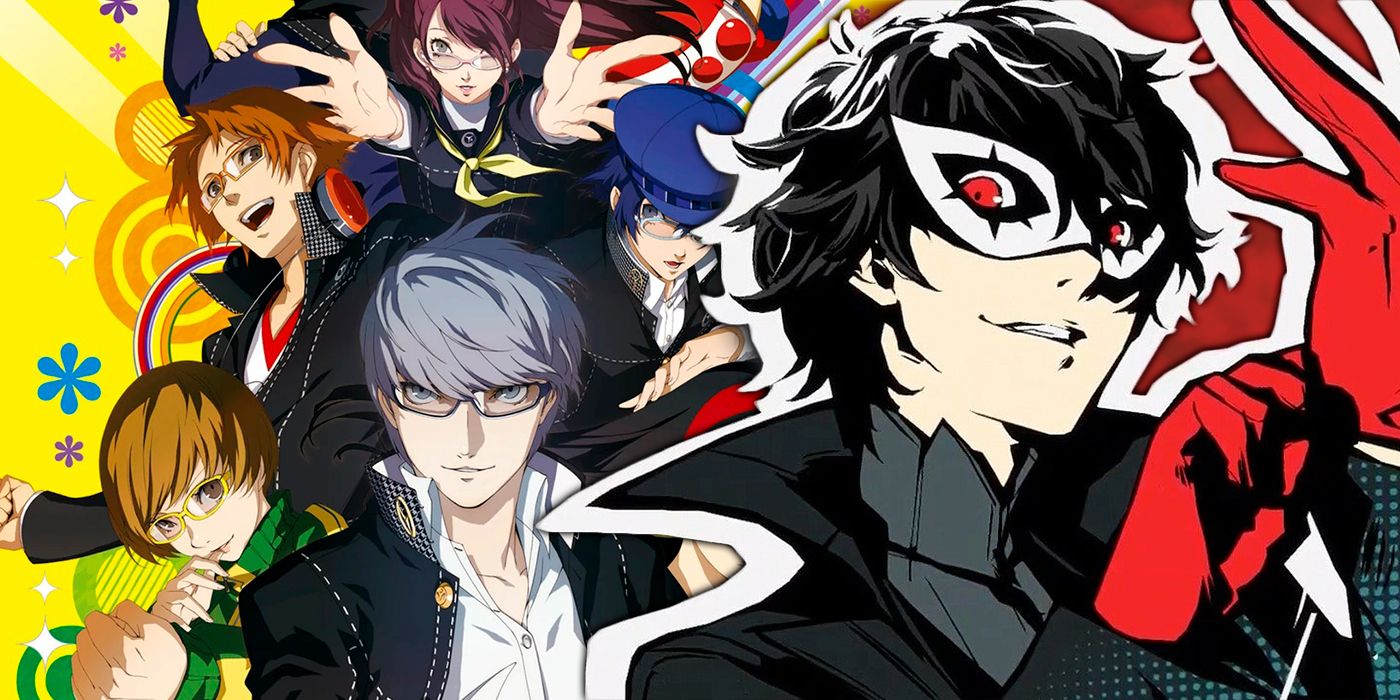
Persona 5’s Best Awakening Is Ripped From Persona 4
Persona 5 has continued to be an acclaimed RPG, with its critical renown spreading thanks to Persona 5 Royal being ported to other consoles. One of the reasons for this continued popularity is the game's cast of characters: the now iconic Phantom Thieves. These antiheroes have stolen the hearts of many, all while combating injustice wherever they find it.
One of the team's members is Futaba, a shut-in who confronts her inner demons like no one else in the game. However, the method in which she does so is eerily reminiscent of the premise in the previous game, Persona 4. By paying homage to its predecessor through character development, Persona 5 echoes just how important that game was to the franchise's evolution.
CBR VIDEO OF THE DAY
Persona 5 Royal Has Futaba Face Herself in Her Own Palace

Futaba is a hikikomori, or shut-in, who's walled herself off after a lifetime of abuse and disappointment from others. An online hacker who once tried to use her platform to become an activist, she abandons this idea when the group she inspires turns to darker goals. This sees her become even more closed off to society, but it doesn't stop her from seeing the heroism in the Phantom Thieves. As one of their biggest fans, she becomes a staunch ally when the group she originally founded sets its sights on the Phantom Thieves. Beforehand, her own grief over the death of her mother caused her to generate a "Palace," with these constructs usually being formed by those with wicked hearts.
In reality, Futaba herself was the "negative" incarnation usually seen in a Palace, with Shadow Futaba ironically being far more positive and uplifting. Unlike the other Palace sources, who are passive in regard to the Phantom Thieves stealing their hearts, Futaba joins them during the quest and actively wants them to put a stop to her grief. Along the way, she comes face to face with her own dark nature, realizing the truth about her mother and how hard she had been beating herself up and isolating herself over a lie. It's only after defeating the Palace's boss that she realizes the truth, and in doing so, she comes to terms with her own existence and begins to live life more fully.
Futaba's Palace Pays Homage to Persona 4's Character Development

As mentioned, the entire set-up with Futaba's Palace is far different from the other dungeons in the game, especially since she isn't a villain. In fact, it's similar to how the party members are narratively developed in Persona 4. This predecessor to Persona 5 has its Investigation Team traversing dungeons to "face their true selves," and in doing so, they accept hidden and sometimes dark elements of their personalities. In reaching out for the truth, they also unlock their Personas, becoming playable party members afterward. The exact same thing happens to Futaba in Persona 5, with her Persona awakening after she realizes the truth about why her mother died.
There are elements of Futaba's character that pay homage to Persona 4 in more subtle ways. For instance, her facing herself references not only the literal theme of Persona 4 but also an actual musical theme used in battles. The timed nature of her Palace, not to mention the connection to her mother, is a callback to Nanako, the little cousin of Persona 4's protagonist Yu. In the dungeon where the Investigation Team searches for a kidnapped Nanako, the theme music recalls the girl's memories of her dead mother. Conversely, Futaba's own theme is the now iconic "The Days When My Mother Was There," providing a further similarity between the characters. Futaba's Palace is even the fourth in the game, making the Persona 4 homages pretty obviously intentional.
Persona 4 was where the series really began to become mainstream and well-received, so giving it props through Futaba makes a lot of sense. With the game now on more consoles than ever, fans who've only played the older titles can see what makes Persona 5 Royal so great. Likewise, gamers who started with Persona 5 can go back and see the similarities in Futaba's story to the preceding game when Persona 3 and Persona 4 are re-released on modern consoles in 2023.


































